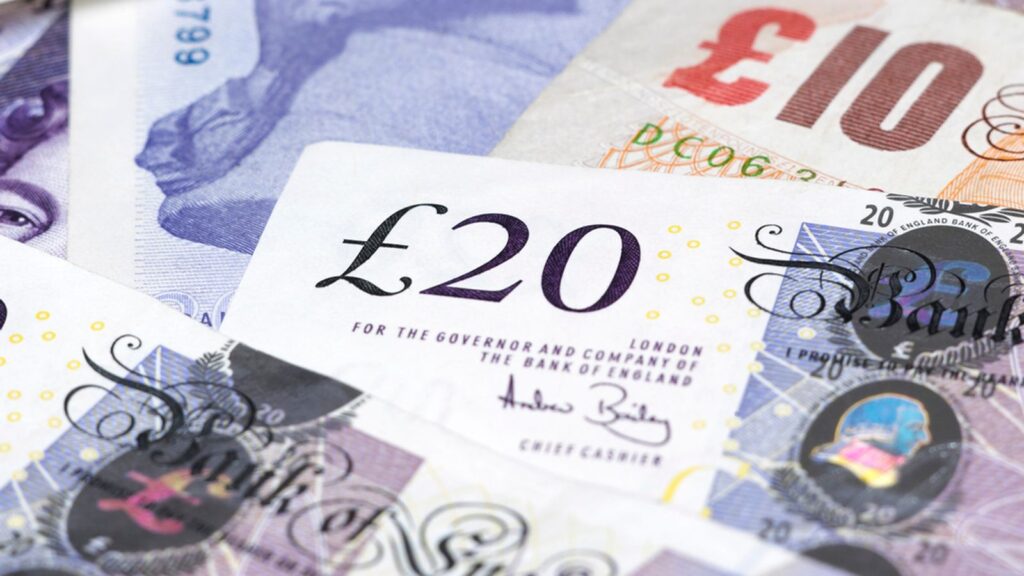Experts say the Prime Minister has less “leeway” to act on new official figures. Spending on public services and benefits has increased, but so has tax revenue.
by Daniel Binns, business reporter
Tuesday 23 April 2024 08:03, United Kingdom
Questions have been raised over whether the government will be able to announce tax cuts ahead of the next general election after official figures revealed that borrowing in the past year was higher than expected.
Provisional estimates from the Office for National Statistics (ONS) show the Treasury will borrow £120.7bn in the financial year ending March 2024, down £7.6bn on the previous year.
However, this figure is £6.6 billion higher. Forecasts by the Office for Budget Responsibility (OBR) Just a month ago.
Overall, government debt stood at around 98.3% of the UK's annual gross domestic product (GDP) as of March, an increase of 2.6 percentage points year-on-year and the highest level since the early 1960s.
“If the chancellor was hoping that the March numbers would give him more room for tax cuts in the fiscal events later this year, he will have been disappointed,” said Ruth Gregory, an economist at Capital Economics.
“Only based on the larger-than-expected 2023/24 budget deficit and recent market shifts.” Interest levelHe may have even less fiscal 'headroom' for tax cuts – perhaps around £5bn – than the £8.9bn left in March. ”
Rob Wood of Pantheon Macroeconomics still expects the Chancellor to cut taxes, but warned that it would leave a headache for the Treasury after the next election, expected in the autumn.
He said: “[Jeremy] Mr Hunt can go against his own fiscal rules and plan another year of unrealistically weak public spending to create “headroom” and thereby fund tax cuts.
“The next government will therefore face a difficult choice between raising taxes to improve our cracked public services or preserving the Chancellor's recent tax cuts.”
Read more from Business:
FTSE100 hits new record high
Thames Water warns of rising bills
Iceland coach collapses at London Marathon
Jessica Barnaby, deputy director general for public sector finance at the ONS, said: “Spending rose by around £58bn, with increases in spending on public services and benefits outweighing significant reductions in interest payables and energy support scheme costs. However, public sector income rose by £66bn. Overall, the deficit continued to decline.
“At the end of the year, debt remained close to the economy's annual output, levels last seen in the early 1960s.”
The figures also revealed that benefit payments rose by £36.9bn over the year to £291.4bn, driven by inflation-driven increases and additional cost-of-living support.
Central government wages rose by £21bn, including health and education, but inflation-linked debt fell by 27% to £78.3bn.
Inheritance tax receipts also reached a record high of around £7.5 billion.
“We have increased our debt in recent years because we adequately protected millions of jobs during the coronavirus pandemic and paid half of people's utility bills after the pandemic,” a Treasury spokesperson said. . [Vladimir] Putin's invasion of Ukraine The number of invoices sent has increased rapidly.
“We cannot leave the burden to future generations, so we must stick to our plans to reduce the debt. And as inflation falls and wages rise, we will cut National Insurance by a third. This shows our determination to end double taxation on labor. ”


